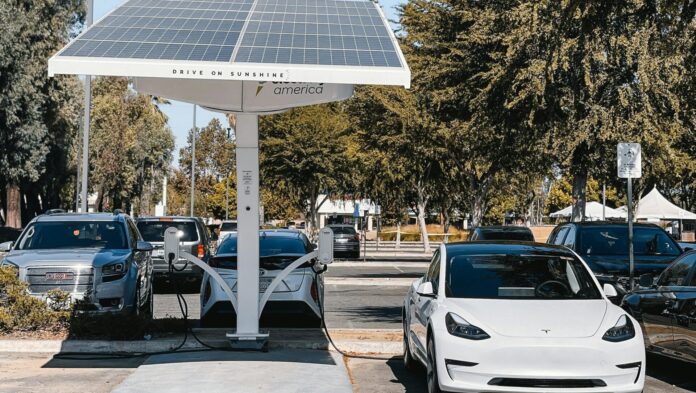The global transportation landscape is undergoing a profound transformation driven by the convergence of electric vehicles, automation, and advanced digital technologies. What was once a traditional industry centered on combustion engines and manual control is now being redefined by innovation, data, and sustainability. The implications are far-reaching, not only for how people and goods move but also for national economies, urban planning, and environmental policy.
Electric vehicles (EVs) have moved beyond novelty to become the cornerstone of future mobility strategies. Governments and corporations worldwide are accelerating the shift to electrification as part of their decarbonization goals. What makes this transition strategically important is not merely the replacement of fuel with electricity but the restructuring of entire value chains, from energy generation to battery recycling. Nations that build strong EV ecosystems, integrating renewable energy, smart grids, and charging infrastructure, are positioning themselves at the forefront of a new industrial era.
At the same time, automation and artificial intelligence are reshaping mobility into a data-driven service. Autonomous vehicles and intelligent logistics systems are already reducing human error, optimizing routes, and lowering costs. The integration of automation into transport networks introduces efficiencies that traditional models could never achieve. Automated fleets, predictive maintenance, and real-time analytics are transforming logistics from a reactive operation into a precision-managed system. For economies dependent on trade, tourism, and exports, these technologies offer not only efficiency gains but also resilience against disruptions such as driver shortages or fuel volatility.
This technological convergence is creating new competitive dynamics. Countries and companies that lead in mobility innovation will control the data, infrastructure, and intellectual property that underpin the transport systems of tomorrow. Tesla’s global footprint, China’s dominance in battery manufacturing, and Europe’s aggressive EV policy frameworks illustrate that the race is not simply about vehicles, it is about controlling a trillion-dollar ecosystem that links technology, sustainability, and mobility.
In South Asia, this transformation carries immense potential. Nations like India are already integrating EV production into broader industrial policy, while Sri Lanka, with its compact geography and renewable energy potential, stands uniquely positioned to adopt sustainable mobility solutions at scale. Electrified public transport, smart logistics networks, and automated port operations could redefine Sri Lanka’s position as a trade hub in the Indian Ocean. With targeted incentives, investment in grid infrastructure, and regional partnerships, the country can leverage its location and digital capacity to build a mobility system that is both green and globally competitive.
Urban mobility is another frontier of change. Smart cities across Asia are blending EV infrastructure, autonomous public transit, and shared mobility systems to reduce congestion and emissions. Data collected from these systems is shaping urban planning, energy policy, and investment strategy. As mobility becomes increasingly digital, the challenge for policymakers lies in ensuring data security and equitable access while maintaining sustainability goals.
The transformation of mobility is no longer about engineering alone, it is about strategic foresight. The convergence of electrification, automation, and digital intelligence is redefining how nations compete, how cities evolve, and how businesses operate. For Sri Lanka and its regional peers, embracing this change is not just about keeping pace with the world but about shaping a more sustainable, efficient, and connected future. Those who invest in innovation today will not only move people and goods more intelligently but also drive the next wave of regional economic growth.




